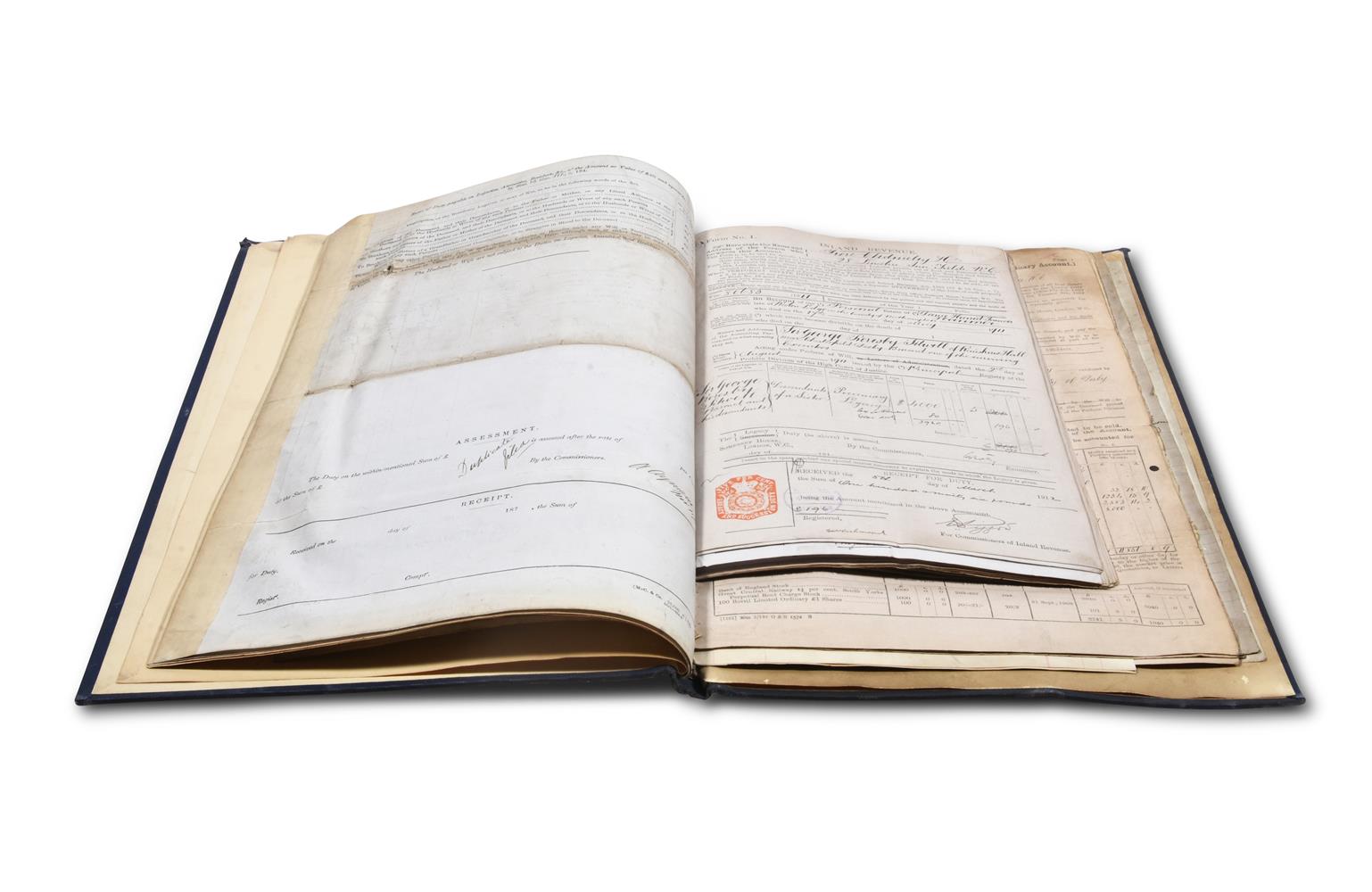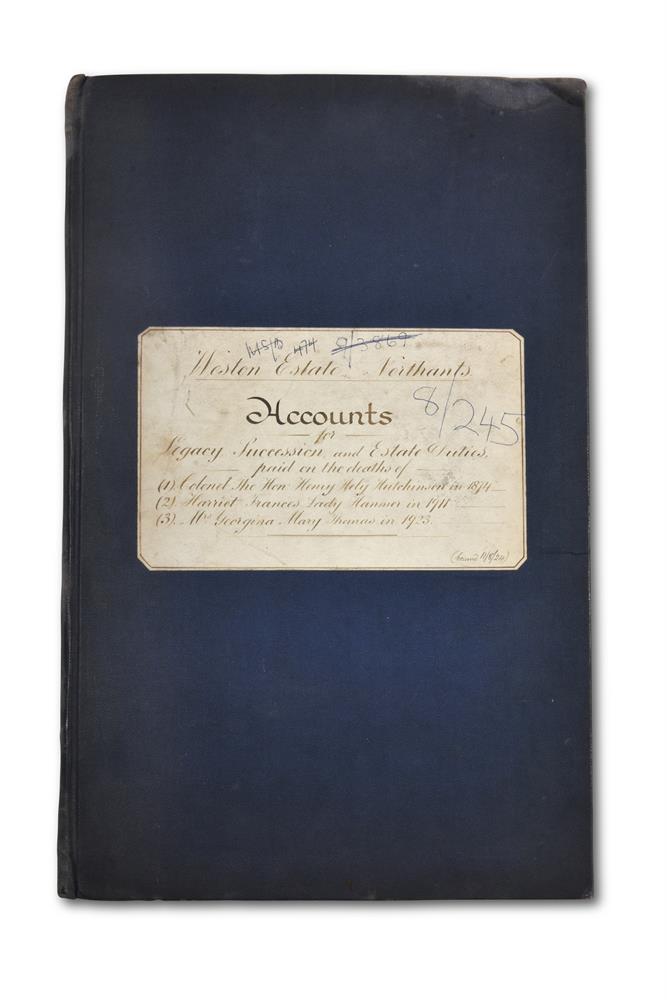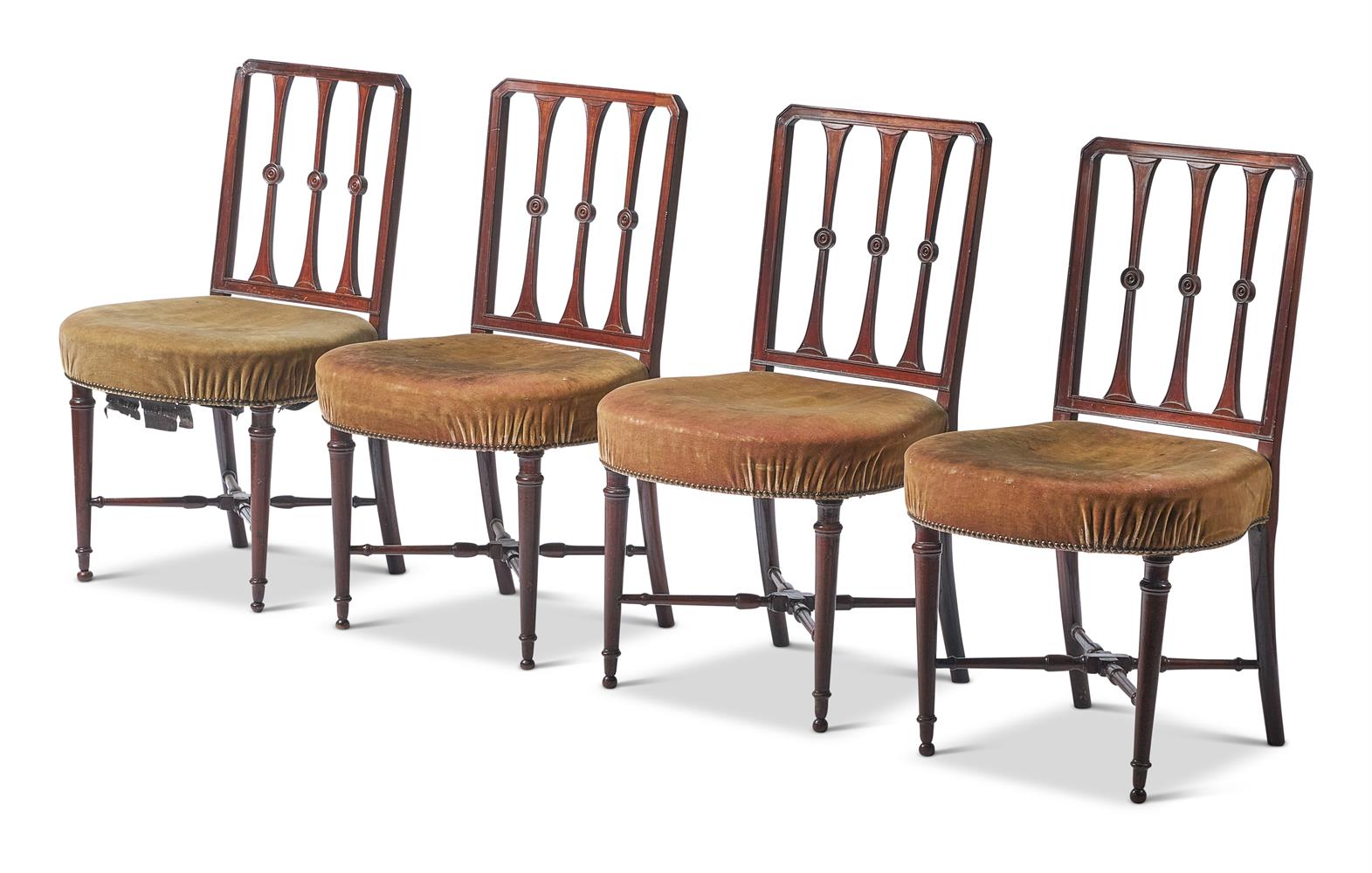Weston, George Melville. The Poor Whites of the South. Washington, (DC): Buell & Blanchard, 1856. 8vo, uncut, no covers as printed. This small pamphlet has an ad with "Documents Published by the Republican Association of Washington" on the last page, including several in the German language, and the pamphlet price per 100. Most appear to be anti-slavery, and, indeed, anti-South (for example: The Slave Oligarchy and its Usurpations, which outlined the situation in Kansas and the Republican Party position). This pamphlet was published just before the elections of 1856, in which the Republicans objected to the expansion of slavery, especially as embodied in the Kansas-Nebraska Act, while the Democrats were endorsing that act and its bow to popular sovereignty. Another edition of this paper appeared in 1860, with "Presidential Campaign of 1860" emblazoned across the last page, with additional pamphlets issued by the Republican Executive Congressional Committee. In this campaign pamphlet, Watson makes the case that the majority of white males in the South are not slave owners, nor do they rent/hire slaves occasionally. In addition, most of those small farmers live on or rent land that is too poor to support a family, and capital to improve the soil does not exist. What good lands there were were bought up by wealthy plantation owners. Thus to support their families, white Southerners need manufacturing that pays a wage. But because slaves are cheaper to hire than whites, in many places, even where factories were built, the mill owners (many industries in the South revolved around "King Cotton") just acquired slaves to work them. To hire a white man was seen as an act of charity by those in power (i.e., those with money), not an economically motivated decision. And if slaves worked in factories, it was beneath whites to work there. Weston notes that in many cases, the white families were poorer and less well-fed than slaves (and even less educated), but still considered themselves superior to the Negroes - and that was about all they had to sustain them, belief in their superiority. He also notes the flight of whites from South to the North, where jobs were available in the cities there. If that continued, he observed, the South would have a duality in its social structure of very wealthy and slaves, but it is the middle classes that (yes, even then) create jobs, strive to move up the social "ladder" and move the society forward. Without this group the South would stagnate and suffer economically as well as socially. Little is available on Weston's life (1816-1887). He appears to have been a lawyer in Augusta, ME (some place him in Bangor). His nephew, Melville Watson Fuller, future Supreme Court chief justice (1888-1910), studied law with him before attending Harvard. Weston also was an editor (as was his nephew later, and other family members) for The Age, a Democratic paper in Maine. (Interesting that it would be used by the Republicans as campaign literature. The Weston-Fuller clan appears to have been long-time Democrats.) Condition: Light toning, a bit darker along the edge. Some water stains along folded edge. A few margin tears with slight loss of text on bottom of pp. 7-8. Fold along spine has split, but top two folds still together.
Weston, George Melville. The Poor Whites of the South. Washington, (DC): Buell & Blanchard, 1856. 8vo, uncut, no covers as printed. This small pamphlet has an ad with "Documents Published by the Republican Association of Washington" on the last page, including several in the German language, and the pamphlet price per 100. Most appear to be anti-slavery, and, indeed, anti-South (for example: The Slave Oligarchy and its Usurpations, which outlined the situation in Kansas and the Republican Party position). This pamphlet was published just before the elections of 1856, in which the Republicans objected to the expansion of slavery, especially as embodied in the Kansas-Nebraska Act, while the Democrats were endorsing that act and its bow to popular sovereignty. Another edition of this paper appeared in 1860, with "Presidential Campaign of 1860" emblazoned across the last page, with additional pamphlets issued by the Republican Executive Congressional Committee. In this campaign pamphlet, Watson makes the case that the majority of white males in the South are not slave owners, nor do they rent/hire slaves occasionally. In addition, most of those small farmers live on or rent land that is too poor to support a family, and capital to improve the soil does not exist. What good lands there were were bought up by wealthy plantation owners. Thus to support their families, white Southerners need manufacturing that pays a wage. But because slaves are cheaper to hire than whites, in many places, even where factories were built, the mill owners (many industries in the South revolved around "King Cotton") just acquired slaves to work them. To hire a white man was seen as an act of charity by those in power (i.e., those with money), not an economically motivated decision. And if slaves worked in factories, it was beneath whites to work there. Weston notes that in many cases, the white families were poorer and less well-fed than slaves (and even less educated), but still considered themselves superior to the Negroes - and that was about all they had to sustain them, belief in their superiority. He also notes the flight of whites from South to the North, where jobs were available in the cities there. If that continued, he observed, the South would have a duality in its social structure of very wealthy and slaves, but it is the middle classes that (yes, even then) create jobs, strive to move up the social "ladder" and move the society forward. Without this group the South would stagnate and suffer economically as well as socially. Little is available on Weston's life (1816-1887). He appears to have been a lawyer in Augusta, ME (some place him in Bangor). His nephew, Melville Watson Fuller, future Supreme Court chief justice (1888-1910), studied law with him before attending Harvard. Weston also was an editor (as was his nephew later, and other family members) for The Age, a Democratic paper in Maine. (Interesting that it would be used by the Republicans as campaign literature. The Weston-Fuller clan appears to have been long-time Democrats.) Condition: Light toning, a bit darker along the edge. Some water stains along folded edge. A few margin tears with slight loss of text on bottom of pp. 7-8. Fold along spine has split, but top two folds still together.















Testen Sie LotSearch und seine Premium-Features 7 Tage - ohne Kosten!
Lassen Sie sich automatisch über neue Objekte in kommenden Auktionen benachrichtigen.
Suchauftrag anlegen